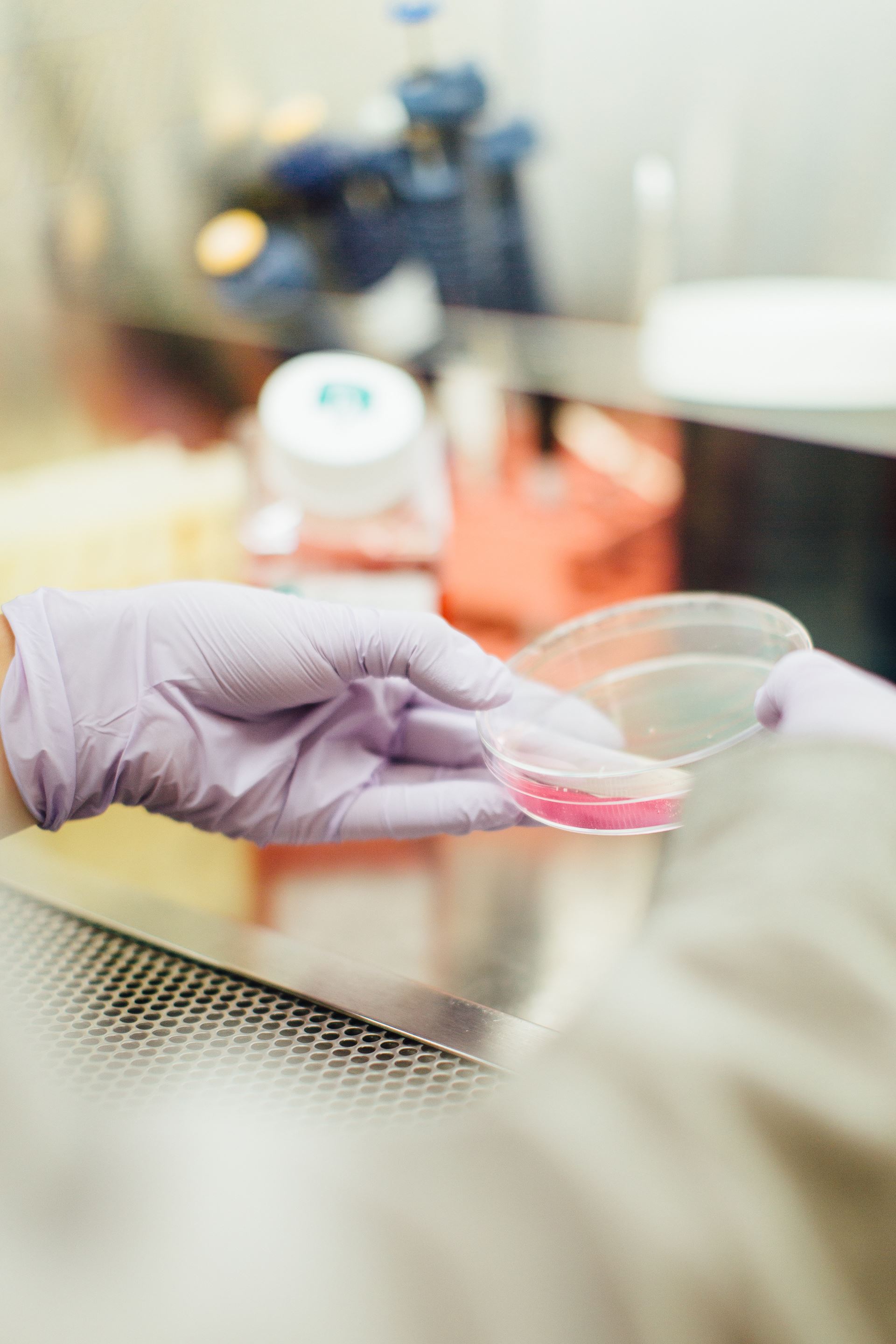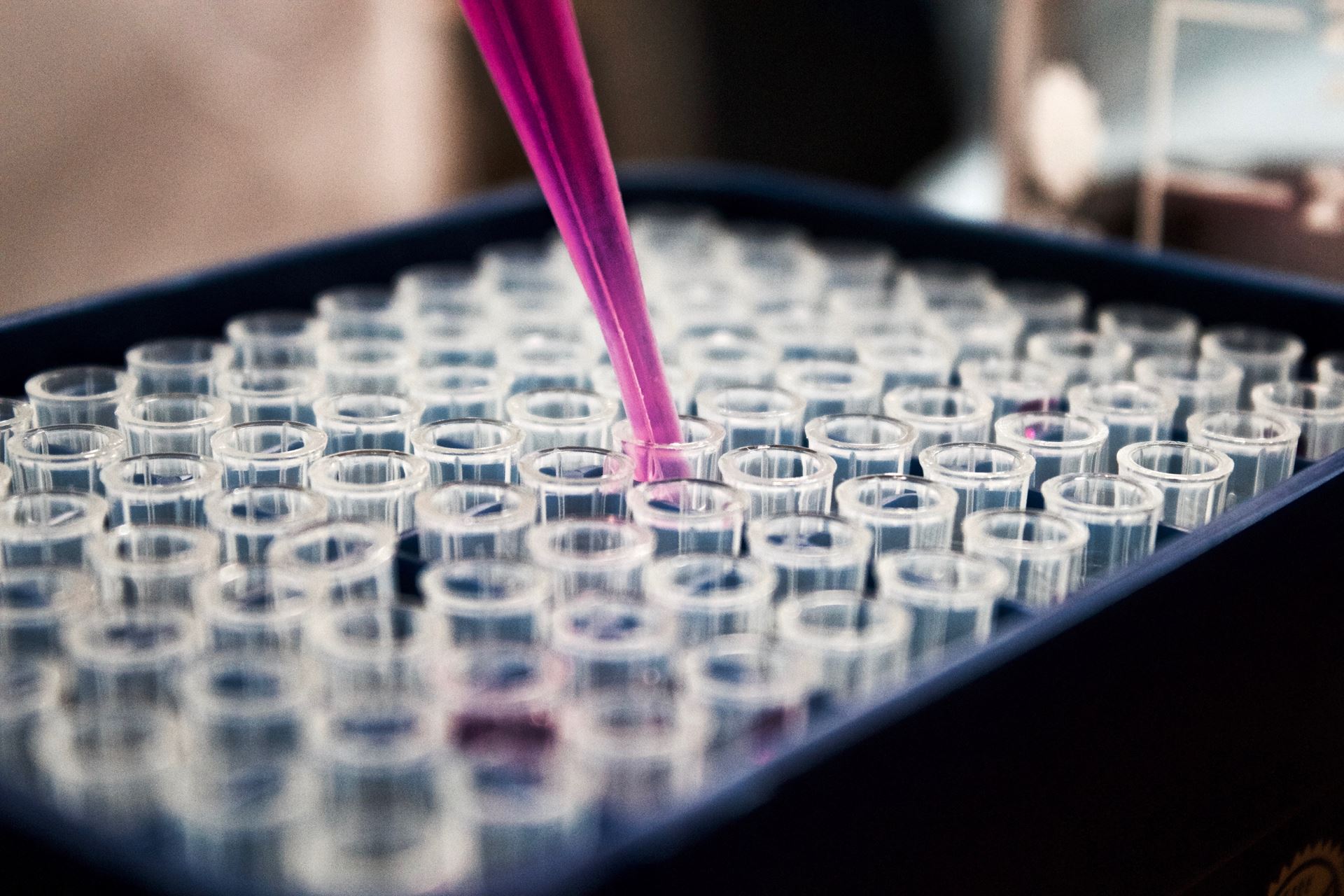Test Results
Results of Tests and Investigations
If you are asked to provide us with a sample, please bring it to the surgery before 11.00 a.m.
When telephoning for results please try to ring between 12 noon and 3.00 p.m. and remember that the practice has a strict policy regarding confidentiality and data protection and we will only release test results to the person to whom they relate unless that person has given prior permission for the release of this data or they are not capable of understanding the results.
When you take your test you will be told how long it will be before the results are returned to the practice.
It is your responsibility to check your results and to make an appointment to discuss them with your doctor if you are advised to do so.


Request Test Results
Fill in this form and the practice will get back to your to discuss your test results.
Blood Tests
If you work in Harrogate or would like an early blood test appointment you can go to:
- Sainsbury's Supermarket: Mon - Fri between 7.30am - 11am
- Harrogate District Hospital: Mon, Wed and Fri between 8.30am - 4.50pm
You will need to take a form with you which you can collect from your surgery. If you would like further information then please speak to any of our reception staff.
A blood test is when a sample of blood is taken for testing in a laboratory. Blood tests have a wide range of uses and are one of the most common types of medical test. For example, a blood test can be used to:
- assess your general state of health
- confirm the presence of a bacterial or viral infection
- see how well certain organs, such as the liver and kidneys, are functioning
A blood test usually involves the phlebotomist taking a blood sample from a blood vessel in your arm and the usual place for a sample is the inside of the elbow or wrist, where the veins are relatively close to the surface. Blood samples from children are most commonly taken from the back of the hand. The child's hand will be anaesthetised (numbed) with a special cream before the sample is taken.
You can find out more about blood tests, their purpose and the way they are performed on the NHS Choices website
If the doctor or nurse has asked you to provide a pathology sample e.g. urine, stool, sputum, these must be left at reception before XXXXam, Monday - Friday.
X-Rays
An X-ray is a widely used diagnostic test to examine the inside of the body. X-rays are a very effective way of detecting problems with bones, such as fractures. They can also often identify problems with soft tissue, such as pneumonia or breast cancer.
If you have an X-ray, you will be asked to lie on a table or stand against a surface so that the part of your body being X-rayed is between the X-ray tube and the photographic plate.
An X-ray is usually carried out by a radiographer, a healthcare professional who specialises in using imaging technology, such as X-rays and ultrasound scanners.
You can find out more about x-ray tests, how they are performed, their function and the risks by visiting the NHS Choices website.